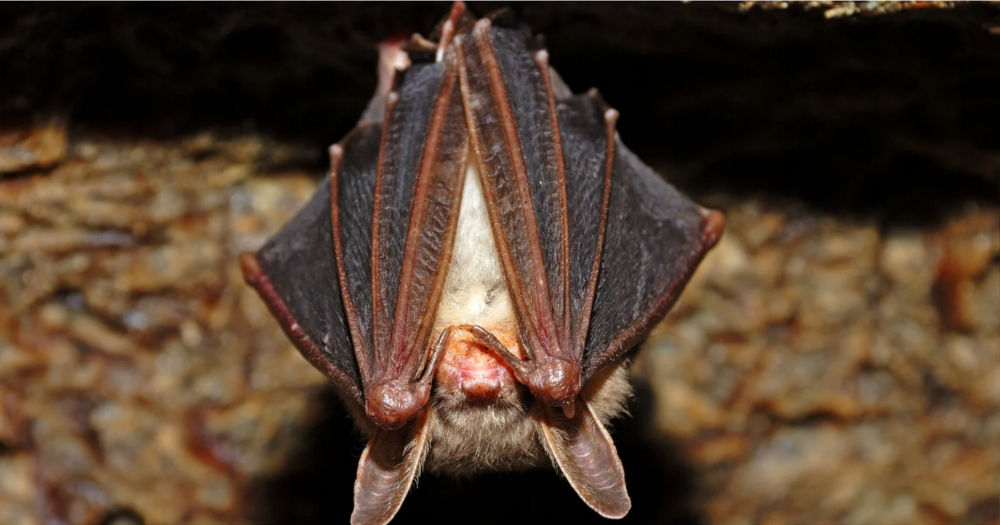*Platinum Member*

Centennial Member

Posts: 109602
Liked By: 63383
Joined: 30 Jun 10
Followers:
3



Tipsters
Championship:
Player
has
not started
|
quote originally posted by seelangui:
Nowadays lay off everywhere
still say economic growth good
Maybe is ah gong good only😂
|
Chinese scientists find new bat-borne coronavirus that could infect humans in similar way to Covid-19
No human infections have been reported yet.

A team of scientists in Wuhan have reported the discovery of a new bat-borne coronavirus that carries the risk of animal-to-human transmission.
Named HKU5-CoV-2, it is capable of entering human cells via the same receptors as those used by the virus that infects cells with Covid-19, according to Bloomberg and South China Morning Post.
The discovery of HKU5-CoV-2 was reported by scientists at China’s Wuhan Institute of Virology, in a paper published in peer-reviewed scientific journal Cell on Feb. 25.
No human infections from HKU5-CoV-2 have yet been reported.
Carries risk of animal-to-human transmission
The research found that HKU5-CoV-2 is only distantly related to SARS-CoV-2, the virus that causes Covid-19.
However, HKU5-CoV-2 can enter human cells by binding to the human angiotensin converting enzyme (ACE2) receptor, a mechanism similar to how SARS-CoV-2 infects cells.
Notably, it can also bind to ACE2 receptors in various other species, which could serve as intermediate hosts that subsequently infect humans.
The HKU5-CoV-2 strain was collected from pipistrelle bats swabbed across China’s Guangdong, Fujian, Zhejiang, Anhui, and Guangxi provinces.
It was found to be a new lineage of the HKU5 coronavirus first identified in the Japanese pipistrelle bat in Hong Kong.
The virus comes from the merbecovirus subgenus, which also includes the one that causes Middle East respiratory syndrome (MERS).
“Bat merbecoviruses…pose a high risk of spillover to humans, either through direct transmission or facilitated by intermediate hosts,” the researchers said.
Discovered by China's "Bat Woman" scientist
The research was led by Chinese virologist Shi Zhengli, known as "Bat Woman" for her extensive research on bat coronaviruses.
Shi's work at the Wuhan Institute has been a subject of controversy, amidst theories that Covid-19 originated from a lab leak in the city.
Shi has previously hit back at such speculation, asserting that among the hundreds of bat viruses her lab had identified over the years, nothing came close to SARS-CoV-2.
Most scientists hold to the theory that Covid-19 emerged in bats, before being passed to humans, likely through another animal, or intermediate host, BBC reported.
Not currently a public health concern
Shi's team noted in their report that HKU5-CoV-2 had better adapted to human receptors compared with the original HKU5 strain, and thus "may have a broader host range and a higher potential for interspecies infection”.
Nevertheless, the report deemed the efficiency of HKU5-CoV-2 to be “significantly lower” than the Covid-19 virus.
It added that the “risk of [HKU5-CoV-2] emergence in human populations should not be exaggerated”.
The U.S. Centers for Disease Control and Prevention (CDC) said that the strain is currently not a cause for concern, ABC reported.
The federal agency noted that there is no reason to believe the virus poses a threat to public health at the moment, given no infections have been detected in humans.
Top image from Canva
|












